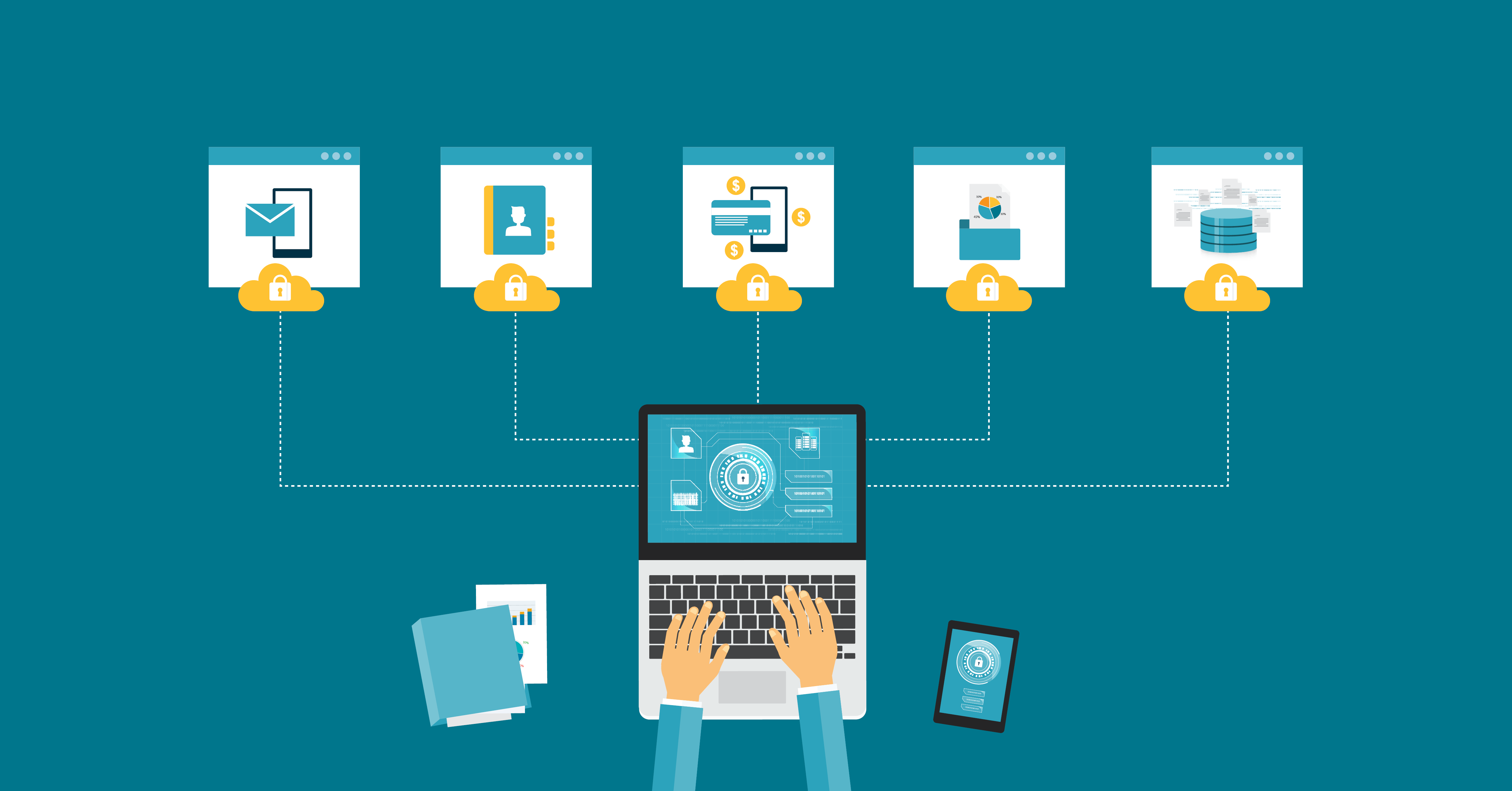Privacy vs. Services
The NCTA, CTIA, and US Telecom recently sent an open letter to congress with concerns over Google’s implementation of the DNS over HTTPS (DoH) protocol. The DoH protocol allows for encryption of DNS look ups providing additional privacy on the internet. In the letter the companies state that internet service providers provide functionality including, “(a) the provision of parental controls and IoT management for end users; (b) connecting end users to the nearest content delivery networks, thus ensuring the delivery of content in the fastest, cheapest, and most reliable manner; (c) assisting rights holders’ and law enforcement’s efforts in enforcing judicial orders in combatting online privacy, as well as law enforcement’s efforts in enforcing judicial orders in combatting the exploitation of minors.” (pg. 3).
Monopolizing on DNS
Another concern that was stated in the letter is that Google will be able to monopolize on the queries made to their DNS servers. As businesses or households use a particular DNS hosting provider, that provider has the ability to collect the IP address and DNS search results. This would allow that provider to mine the data it has collected and sell it to marketing firms. The companies also state that since all Google made devices would utilize Google’s DNS service, it would cause a single point of failure (That is why Google has two DNS servers; 8.8.8.8 and 8.8.4.4).
Another Attack Against Encryption
U.S. Attorney General William Barr has once again made a plea with tech giant Facebook to create a backdoor into its end-to-end encrypted messaging platforms (i.e. Facebook Messanger, WhatsApp). Barr is not alone, the United Kingdom and Australia have also come out against using such end-to-end encryption. They state that without a backdoor, law enforcement cannot perform their duties in capturing and prosecuting criminals in court. Yet, law makers do not understand that encryption algorithms are completely free and open source. Anyone can do a simple search online and discover the math behind popular, and albeit strongest, encryption we have today. If such backdoors were put in place, privacy advocates will certainly use other tools, like Signal, to protect their secrecy online.
Protecting Privacy online
There are many things that one can do to protect their privacy online. The Electronic Frontier Foundation has published a number of articles on how can maintain privacy. Their Surveillance Self-Defense is a well documented series of articles that you can use to protect your privacy and security while online. From enabling multifactor authentication, creating strong passwords, using password managers, to “Choosing the VPN That’s Right for You.”

Leave a Reply Cancel reply